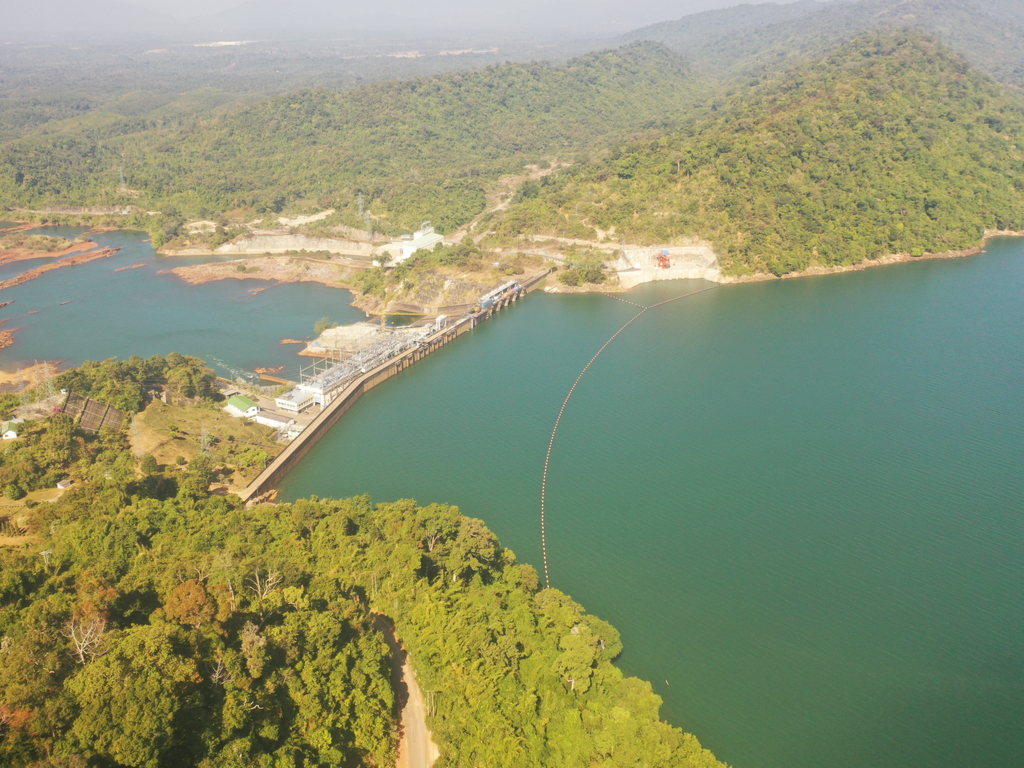A new dam will be built in Ethiopia. The Ethiopian Irrigation Development Commission has just appointed three companies to develop an irrigation project which includes the construction of the Kaza Dam in the Tigray region, bordering Eritrea and Sudan. Ethiopian Construction Works Corporation, Sur Construction and Afar Water Works Construction Enterprise have been selected to develop this project which will require an investment of 4.7 billion Ethiopian Birrs, or 139.4 million dollars.
The Kaza Dam will take the largest budget with 2.5 billion Ethiopian Birrs (over $74 million) allocated for its construction. The work will be carried out by Ethiopian Construction Works Corporation, a company based in Addis Ababa, Ethiopia. The dam will be 57 m high and 2.54 km long.
With a budget of 1.8 billion birrs ($53.4 million), the Ethiopian firm Sur Construction will construct the water drainage system of the Kaza Dam. This component of the project will actually construct the water intakes and canals that will feed irrigation systems in the Tigray region, including the Tendaho Pc-16.
Rehabilitation of the Tendaho irrigation system
The Ethiopian authorities have decided to rehabilitate the Tendaho irrigation system with an investment of 433.1 million birrs ($12.8 million). This irrigation system has been operating since 2014 with the Tendaho Dam located in Afar Regional State. The reservoir was built between 2010 and 2014 by Ethiopian Water Works Construction Enterprise. The dam is intended to irrigate sugar cane plantations, a crop that consumes a lot of water.
The rehabilitation of the Tendaho irrigation system will be carried out by Afar Water Works Construction Enterprise, which will also carry out maintenance work on the flood protection dikes, mainly in the regional state of Afar. Implementation of this component of the project will take one year.
The entire project will be implemented over a period of 4 years. The Ethiopian government estimates that the future facilities will enable the irrigation of 10,000 hectares of plantations, benefiting 20,000 farmers.
Jean Marie Takouleu
